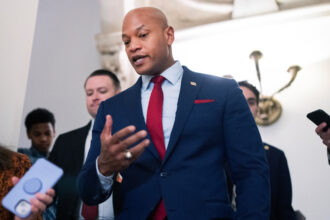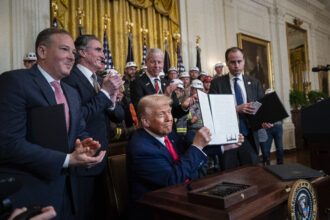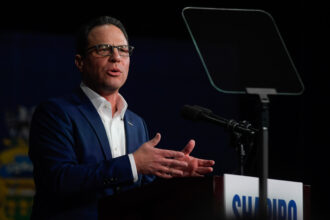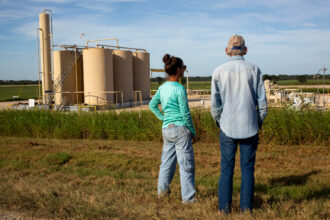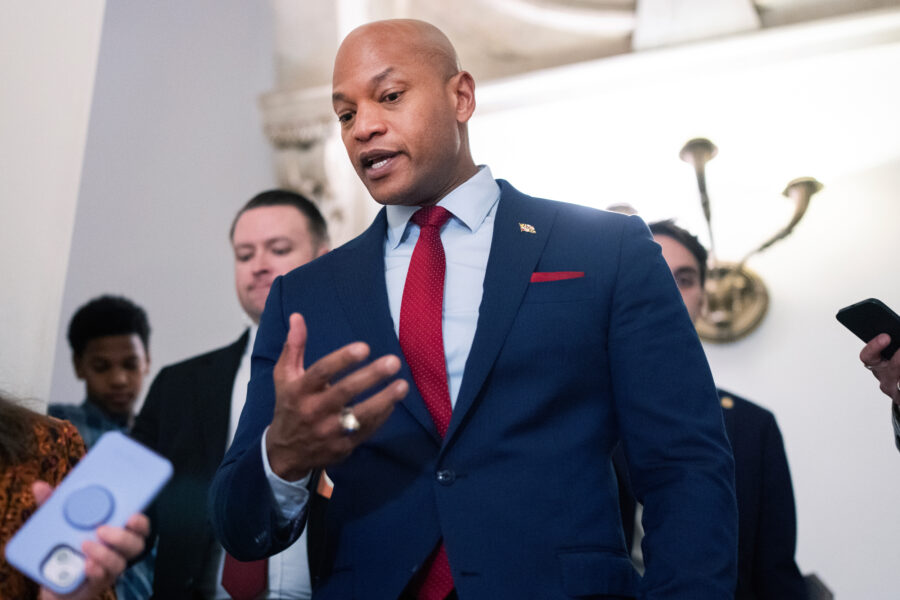On January 1, the Czech Republic took over the helm of the European Union, and this week the government introduced the official work program (pdf) for its six-month presidency. The good news: It’s filled with promises to prioritize energy and climate protection.
A central theme for the European Union during the Czech Presidency will encompass the set of issues related to the energy sector and an active involvement in international negotiations about climate protection after 2012. This is a pressing topic, significantly concerning the economy and having international policy and security implications. Building upon the commitments of the European Council from March 2007 elaborated further in the adopted Climate-Energy Package, the Presidency will strive to prepare a path for reaching a broad international consensus on how to face climate change, which should be reached at the end of 2009 in Copenhagen. It must be stressed that any solution to the climate issue will imply not only certain economic and political costs, but also opportunities.
But: With the Czech presidency of the EU comes the nation’s president, Vaclav Klaus (pictured above), who happens to be one of the world’s most vocal climate denialists. How to parse the situation?
The most common answer is that Klaus, as president, is merely a ceremonial figurehead. Prime Minister Mirek Topolanek, a bitter opponent of Klaus, holds most of the formal power in the Czech government, and thus in the European Union. He was the one behind the EU agenda — and he plans to see it through.
For the sake of the climate, let’s hope that’s true. Because President Klaus is singing quite a different tune.
Klaus has said that "[The Czech Republic] will not be campaigners for the climate package." And just yesterday — on the very day Topolanek announced the nation’s priorities for the EU — The Financial Times published an op-ed by Klaus laden with outrageous denialist cliches:
The global climate is basically not changing, but global warming alarmists have succeeded in persuading politicians (and some ordinary people as well) that a doomsday is coming and on this false assumption they have tried to restrain our freedom and curtail our prosperity.
He wrote that the "current levels of global warming are not a proven phenomenon," that the "explanation of factors that are contributing to global warming is not very clear and persuasive," and that "moves to mitigate climate change by fighting carbon dioxide emissions are useless." Klaus’s idea of an economic fix is for the EU to weaken or even repeal its environmental health rules.
How to sensibly respond to such nonsense?
The most powerful comeback would be for Prime Minister Topolanek to continue the climate work of French Prime Minister Nicolas Sarkozy — and to not get ensnared in the denialist trap. Action beats words a thousand fold. The head of the EU French presidency wrapped up his six-month stint by forging an EU accord that, while not perfect, has been called the world’s first big climate package.
But it still needs to be implemented. That should be the job of the Czech Republic, along with helping to set the stage for an adequate global climate deal.
Time will tell if Topolanek, whose ruling Social Democratic Party is barely holding onto power, can make those happen — and if he really does run the show.
About This Story
Perhaps you noticed: This story, like all the news we publish, is free to read. That’s because Inside Climate News is a 501c3 nonprofit organization. We do not charge a subscription fee, lock our news behind a paywall, or clutter our website with ads. We make our news on climate and the environment freely available to you and anyone who wants it.
That’s not all. We also share our news for free with scores of other media organizations around the country. Many of them can’t afford to do environmental journalism of their own. We’ve built bureaus from coast to coast to report local stories, collaborate with local newsrooms and co-publish articles so that this vital work is shared as widely as possible.
Two of us launched ICN in 2007. Six years later we earned a Pulitzer Prize for National Reporting, and now we run the oldest and largest dedicated climate newsroom in the nation. We tell the story in all its complexity. We hold polluters accountable. We expose environmental injustice. We debunk misinformation. We scrutinize solutions and inspire action.
Donations from readers like you fund every aspect of what we do. If you don’t already, will you support our ongoing work, our reporting on the biggest crisis facing our planet, and help us reach even more readers in more places?
Please take a moment to make a tax-deductible donation. Every one of them makes a difference.
Thank you,





